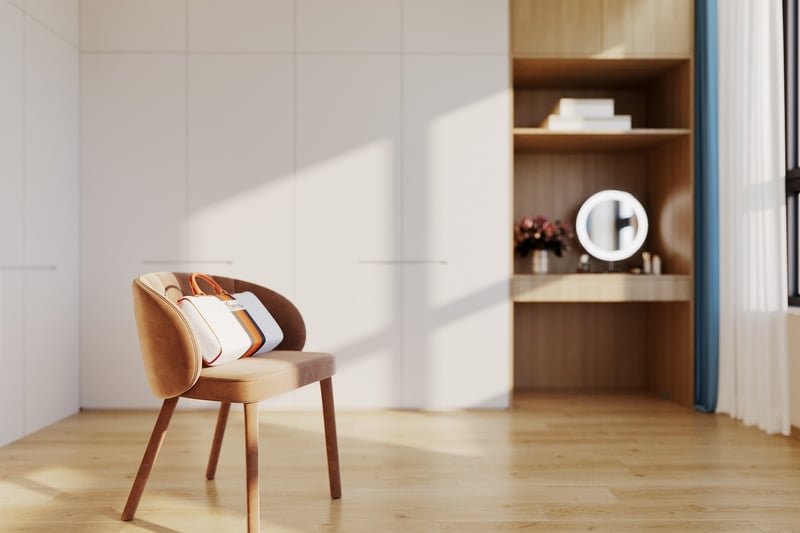Sleep Aid
The Ultimate Guide to Relaxing and Unwinding for a Good Night's Sleep
In today's fast-paced world, finding time to relax and unwind can be a challenge. However, prioritizing relaxation is crucial for both your mental and physical well-being. One of the best ways to unwind is by ensuring you get a good night's sleep. Here are some tips to help you relax and improve your sleep quality:
1. Create a Relaxing Bedtime Routine
Establishing a calming bedtime routine can signal to your body that it's time to wind down. This could include activities such as reading a book, taking a warm bath, or practicing relaxation techniques like deep breathing or meditation.
2. Limit Screen Time Before Bed
The blue light emitted by screens can interfere with your body's production of melatonin, a hormone that regulates sleep. Try to avoid screens at least an hour before bedtime to help your body prepare for sleep.
3. Create a Comfortable Sleep Environment
Ensure your bedroom is conducive to sleep by keeping it cool, dark, and quiet. Invest in a comfortable mattress and pillows to provide optimal support for a restful night's sleep.
4. Try Relaxation Techniques
Practicing relaxation techniques such as progressive muscle relaxation, guided imagery, or aromatherapy can help calm your mind and body before bedtime, promoting better sleep.
5. Use Sleep Aids Wisely
If you're struggling to fall asleep, consider using sleep aids like white noise machines, essential oils, or herbal supplements. However, it's essential to use these aids judiciously and consult with a healthcare professional if you have persistent sleep issues.
6. Stay Active During the Day
Regular physical activity can improve the quality of your sleep. Aim to incorporate exercise into your daily routine, but avoid vigorous exercise close to bedtime, as it may interfere with your ability to fall asleep.
7. Practice Mindfulness and Stress Management
Stress and anxiety can make it challenging to relax and fall asleep. Try incorporating mindfulness practices like yoga, tai chi, or journaling into your daily routine to help manage stress levels and promote relaxation.
By incorporating these tips into your daily routine, you can create a relaxing environment that promotes restful sleep and overall well-being. Remember, quality sleep is essential for your health, so prioritize relaxation and make sleep a priority in your life.

For more information on relaxation techniques and sleep aids, consult with a healthcare professional or a sleep specialist who can provide personalized recommendations based on your individual needs.
Remember, a well-rested mind and body are key to living a healthy and balanced life. Sweet dreams!
